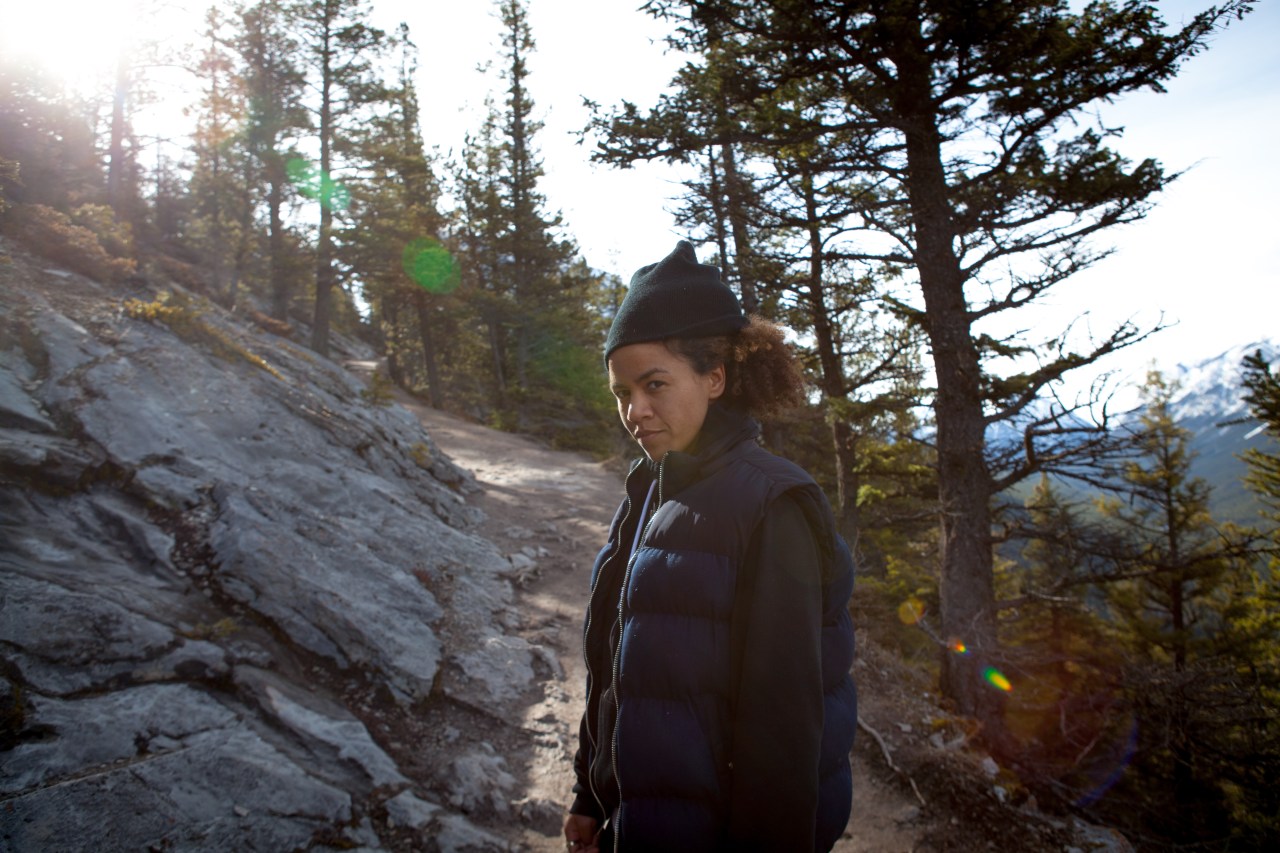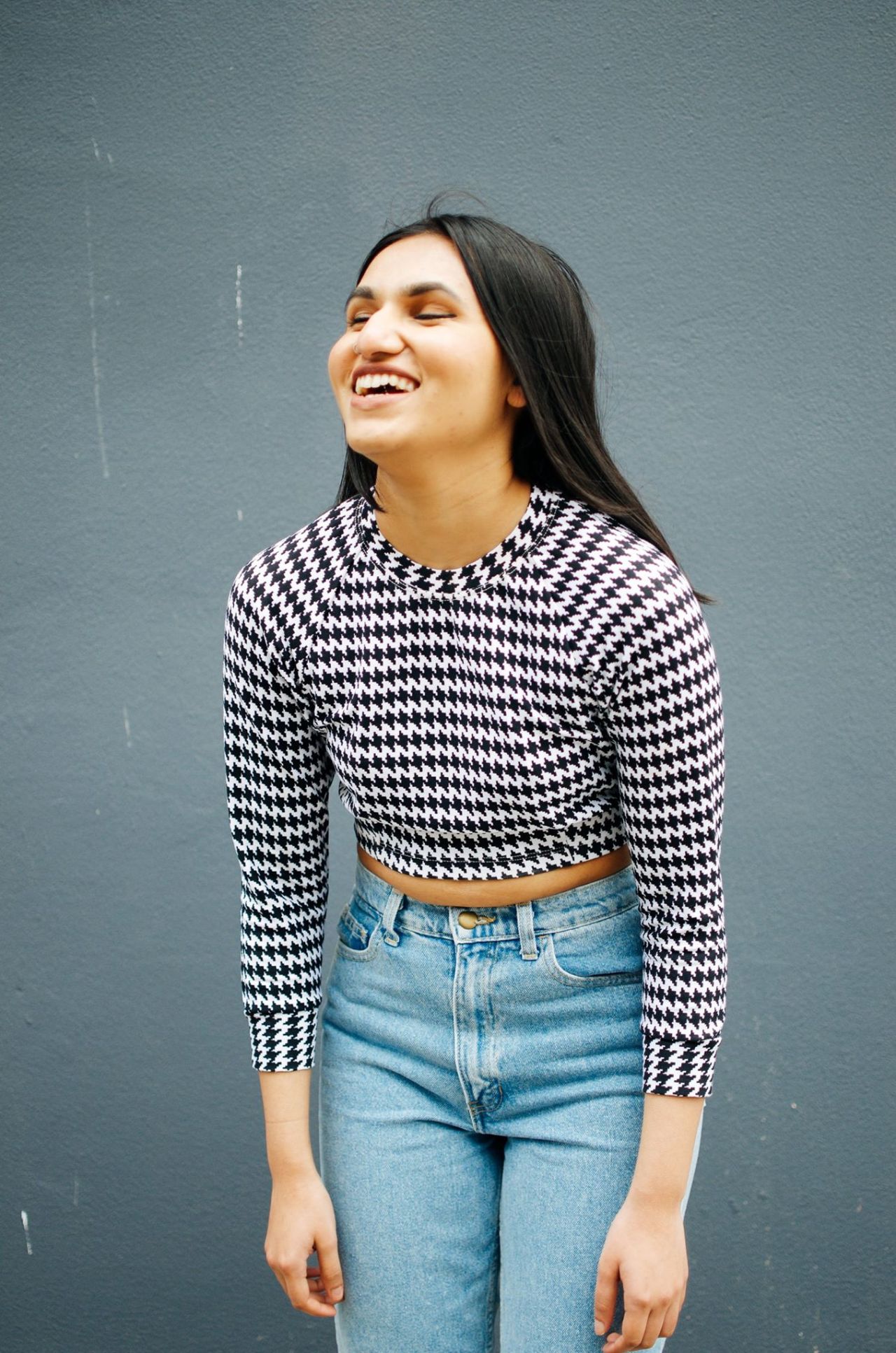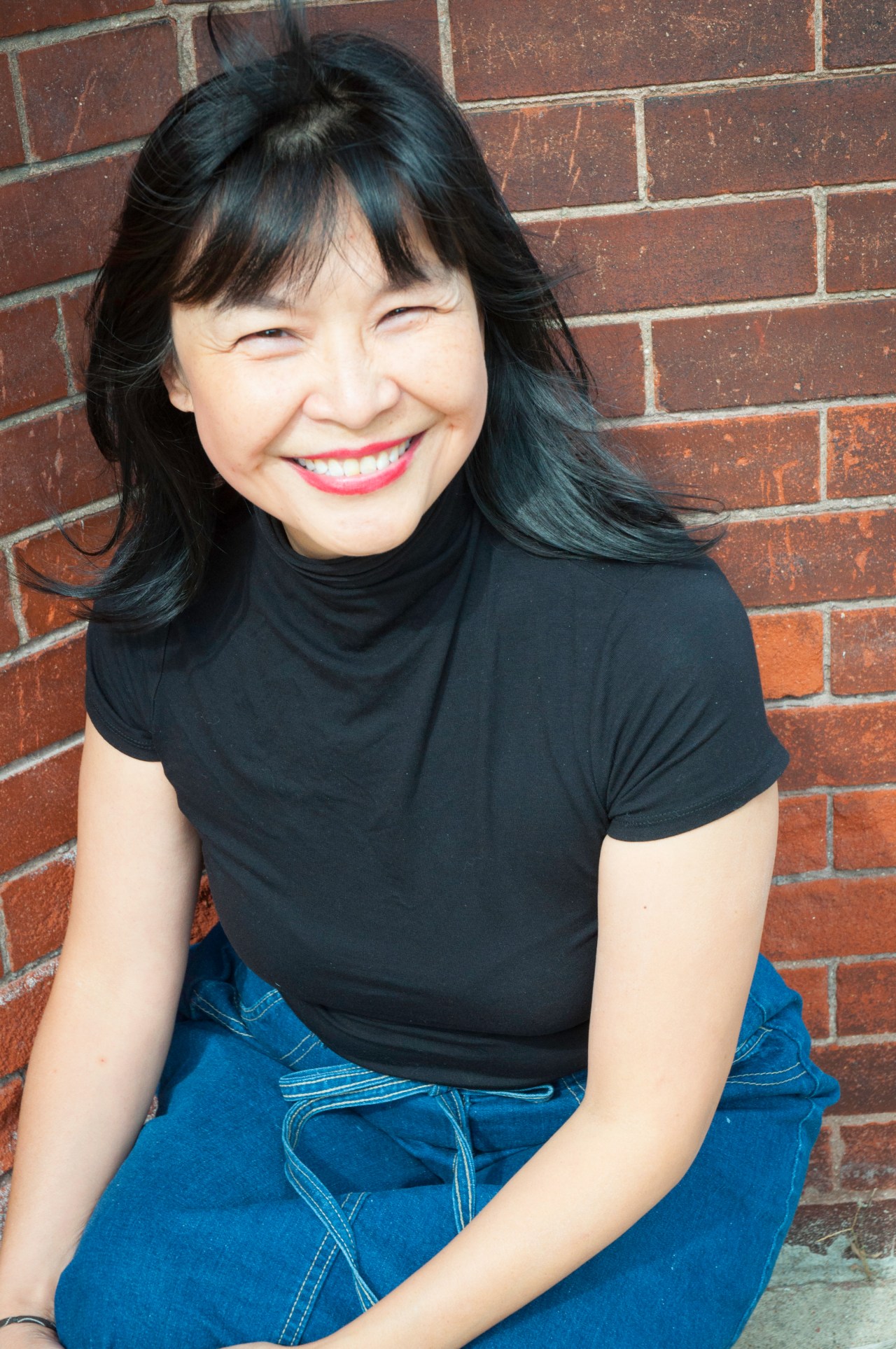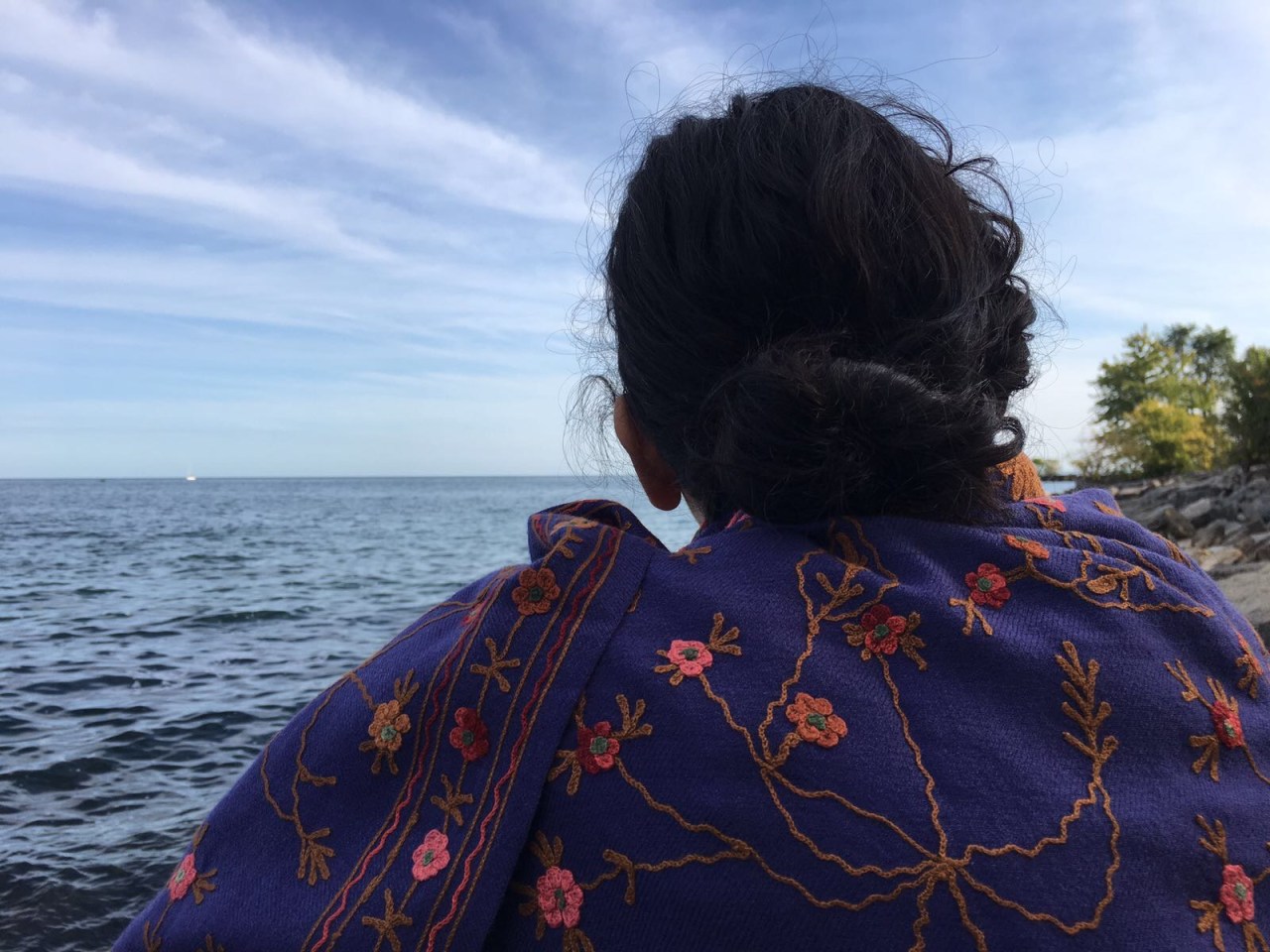WHEN?
My Nani once shared with me that my great-great-grandfather Pirmohamed Anand, was actually named Purshotam, prior to sailing to East Africa from the ports of Kathiawar. Purshotam means “Supreme Being” and is the 24th name of Lord Vishnu.
I would ask my ancestors what it was like to be neither Muslim or Hindu, but instead Khojas following the Satpanth, a syncretic community that adhered to a fusion of Shia Muslim, Sufi, and Vaishnavite traditions.
When did you decide to cross the threshold and call yourselves “Ismaili Muslims”?
What is it about the religion of your forefathers, that gave you the strength to hold on to it for generations?
What did you feel when you sailed away from the ports of Kutch and Khatiawar to reach the coast of East Africa?
How do you feel knowing your descendants are losing their mother tongue, sense of rootedness, and love for their own (brown) skin?
REMEMBER THE UNKNOWN STORIES
For my queer diasporic desi descendants, those who have hybrid identities that hyphenations fail to connect, I would remind them about their ancestors.
Both blood and chosen. That’s right – blood isn’t the only criteria we use to build our families. We should remember our queer ancestors who came before us but who weren’t necessarily related to us by blood – whose art, poetry, resilience, and experiences inspires generations after. But also remember our ancestors who allowed us to come into being today, even if their stories are unknown and lost to time and memory.
I would remind them that it was colonization that uprooted our connection to our third gender sister communities in South Asia and made our sexualities appear deviant.
I would encourage them to celebrate wins, small and large. My win is being able to proudly wear jhumka earrings and flowing shawls to my Jamatkhana in Toronto, irrespective of the bewildered faces and the nazar of aunties. My win is identifying allies within my place of worship that see me as a human trying to be his authentic self, a privilege not many have.
I would ask them to work on decolonizing. To create spaces for them to live, breathe, and create in and build solidarity among other marginalised communities. For them to join this legacy for their own descendants – both blood and chosen.
Zain Bandali is an unapologetically queer non-binary poet that writes on themes related to Islamic mysticism, queerness, diasporas, and where they interact. He is 21 years old and takes pride in being a Shia Ismaili Muslim of Indo-Tanzanian heritage living in Canada. Zain is in the final year of his undergraduate degree at the University of Waterloo, where he founded QTPOC KW, a community group for racialized queer and trans students. He is an avid vegetable gardener but cannot always stomach the chilli peppers he grows.
Learn more about Zain and his work here.
Upcoming Event:
Zain be performing at brOWN//out at the Deloitte Stage (Intersection of Church St. and Gloucester St.) on June 22nd from 5-8 pm (the Saturday before the Toronto Pride Parade).






